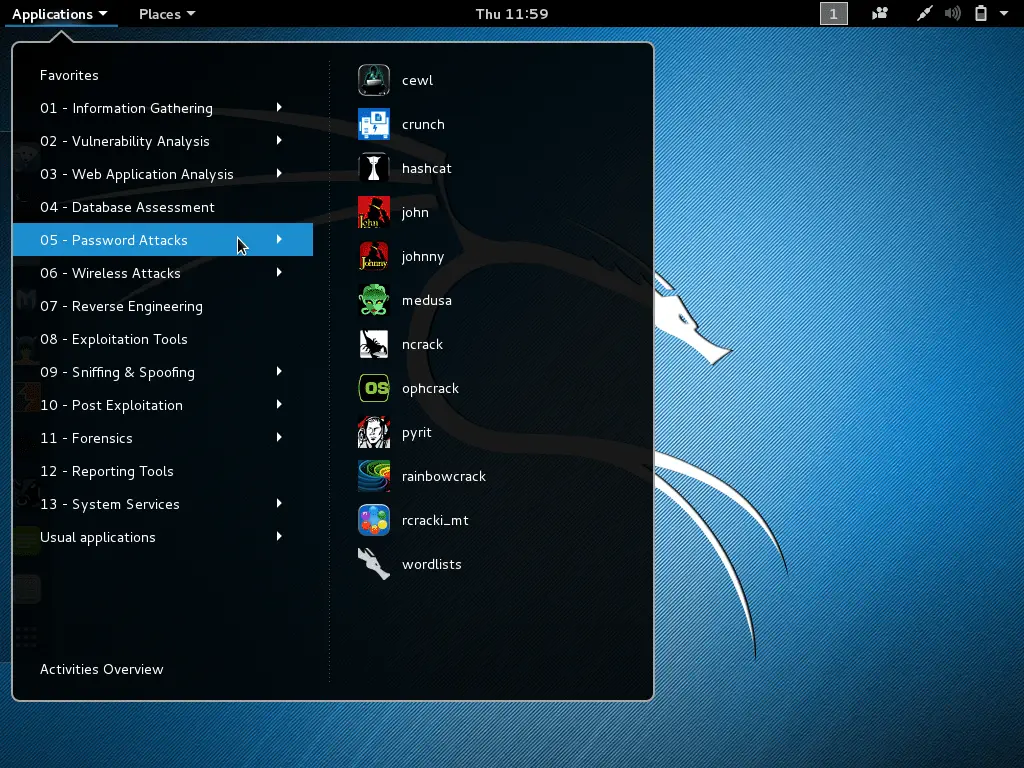Kali Linux 2018.1 Official Release

Today, Kali Linux developer team official release Kali Linux 2018.1.
Kali Linux is a Debian-based distribution for digital forensics and penetration testing, developed and maintained by Offensive Security. Mati Aharoni and Devon Kearns rewrote BackTrack. Kali Linux is the most versatile and advanced penetration testing tool release operating system. Kali tools are often updated and can be used on other platforms, such as VMware and ARM.
What’s new?
- Kernel update to 4.14.12 with new feature
- AMD Secure Memory Encryption Support – Secure Memory Encryption is a feature that will be in newer AMD processors that enables automatic encryption and decryption of DRAM. The addition of this features means that systems will no longer (in theory) be vulnerable to cold-boot attacks because, even with physical access, the memory will not be readable.
- Increased Memory Limits – Current (and older) 64-bit processors have a limit of 64 TB of physical address space and 256 TB of virtual address space (VAS), which was sufficient for more than a decade but with some server hardware shipping with 64 TB of memory, the limits have been reached. Fortunately, upcoming processors will enable 5-level paging, support for which is included in the 4.14 kernel. In short, this means that these new processors will support 4 PB of physical memory and 128 PB of virtual memory. That’s right, petabytes.
- Update packages like zaproxy, secure-socket-funneling, pixiewps, seclists, burpsuite, dbeaver, and reaver
- Hyper-V Updates
How to update to Kali Linux 2018.1
apt update && apt full-upgrade
Note
If you don’t update Kali regularly (*cough*), then your archive-keyring package is outdated, and you’ll get key mismatches when working with our repositories. Sucks for you, but at least you can manually update the new key :
wget -q -O – https://t.co/cgOsXacp2z | apt-key add
<3
— Kali Linux (@kalilinux) February 2, 2018
Reference: kali.org





